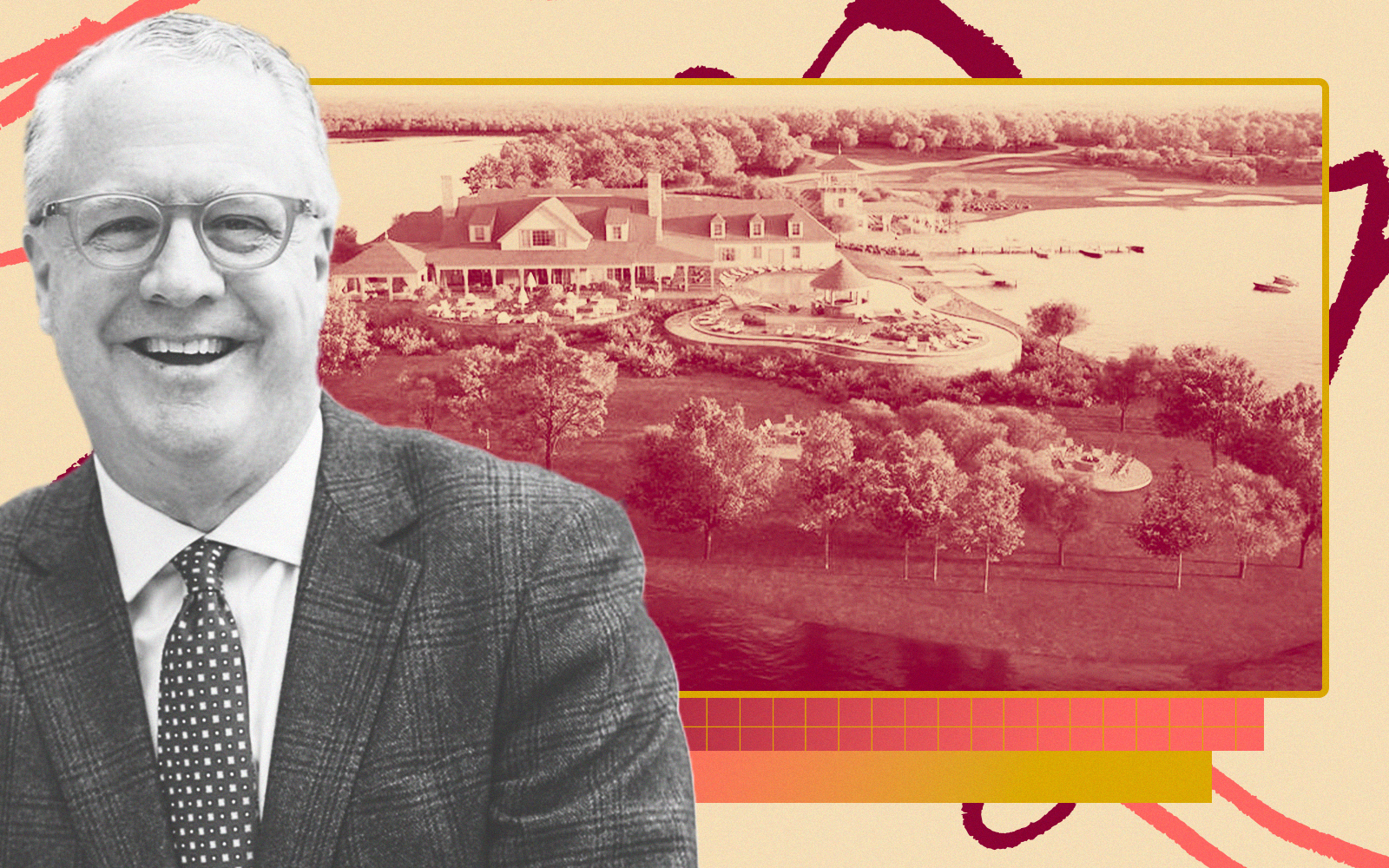A long-brewing eminent domain battle between a private developer and the state of Texas reached an inflection point this week.
Freestone County Commissioners Court valued the 5,000-acre tract containing what was once Fairfield Lake State Park at $418.3 million, the Dallas Morning News reported. The decision is a win for Dallas-based developer Todd Interests as the state works to seize its land via eminent domain.
The commission of three members was tasked with assessing the land as part of Texas Parks and Wildlife’s efforts to reclaim the land for public use and prevent Todd’s planned $1 billion resort and golf course community.
There were contrasting estimates during a two-day hearing, with the state asserting a value of $85 million and property owner Todd insisting on $475 million. The state said it was concerned about potential pollutants making the water on the property unsafe.
The prolonged dispute between the two sides has fueled community divisions, as some have advocated for park preservation while others, including Todd and Freestone County commissioners, frame the issue as a private property rights matter.
“We want nothing from the state of Texas other than what all private property owners want: leave our private property rights alone,” Shawn Todd told The Real Deal.
If the state wants, it can deposit the $418 million and take immediate possession of the land. But that would be a tall order, given its current budget for land acquisitions. Voters recently approved a $1 billion fund for the department to acquire new parkland, but Fairfield Lake State Park only accounted for a small portion of overall park attendance when it was in use. The state can also appeal the county commissioners’ determination, which could lead to a civil trial. If such a trial occurs and results in appeals, the matter might eventually reach the Texas Supreme Court.
The Texas Parks and Wildlife Department, citing the overwhelming support for state parks, expressed a commitment to meeting outdoor recreation needs for the growing population in Freestone County, roughly 90 miles southeast of Dallas. The department will now evaluate the commission’s decision and determine its next steps.
Todd and the state spent months trying to find a compromise, but negotiations stalled over differing estimates of the value of the land, among other concerns. Todd is urging Texas Parks and Wildlife to cease its pursuit and allow him to complete his development. He applauded the commission’s professionalism throughout the valuation process, while challenging the parks and wildlife department to act similarly.
“I’m now asking that Texas Parks and Wildlife exhibit the same professionalism, business acumen and integrity and to stop this process that was started by a previous board chairman,” Todd told the Dallas Morning News. “We do not want the state of Texas’ money. We want to move forward with our development.”
Separately, Todd is suing the state for access to communications between the Texas Parks and Wildlife Department and other entities, including the property’s seller and legislators, to find out how the eminent domain plan came together.
“The small batch of communications previously sent demonstrated to us that there is a reason they don’t want us to have what we’ve requested,” Todd said. “Transparency is all we seek.”
The state has objected to the open records request because the issue is subject to litigation.
Todd acquired the property in June from Vistra Energy for $103 million, with plans for a high-end development including 400 homes, a golf course and clubhouse. The 1,800-acre Fairfield Lake State Park was built in the 1960s, via a no-cost lease to the state, and was made available to the public in 1976.
—Quinn Donoghue and Joe Lovinger
Read more



